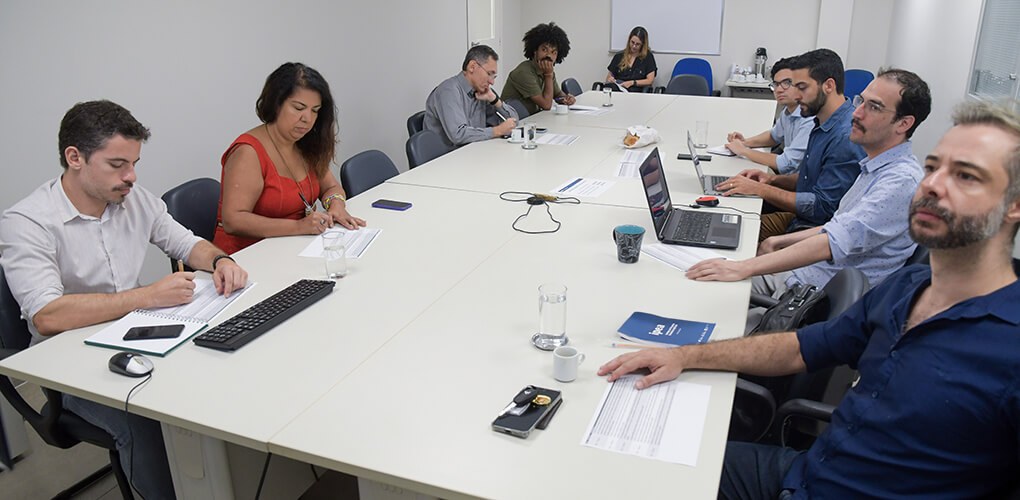Coordinated by IPEA, experts draft recommendations for BRICS leaders
Recommendations are centered on the priorities set by the Brazilian Presidency and include cooperation in global health, climate change, and artificial intelligence governance.

By IPEA
With the objective of drafting recommendations to the BRICS leaders aligned with best practices and evidence, Brasil's Institute for Applied Economic Research (Instituto de Pesquisa Econômica Aplicada /IPEA) gathered over 40 experts from around 15 institutions in a series of five thematic workshops. On the occasion, they had the opportunity to reflect on most of the priorities set by the Brazilian Presidency of the group: cooperation in global health; trade, investments, and finance; climate change; artificial intelligence governance; and institutional development.
After the discussions held during the workshops, the draft recommendations will be consolidated and forwarded to deliberation at the BRICS Think Tank Council (BTTC), a group presided by IPEA which gathers representatives from member countries. After negotiations, the BTTC will have until April 1st to send the recommendations to the Brazilian BRICS Sherpa, Mauricio Lyrio, who will share them with the other leaders of the group. The ambassadors that occupy this role are responsible for representing their countries in the BRICS, articulating agreements, mediating interests, and defining agendas in preparation for the final Heads of State Summit, scheduled for July in Rio de Janeiro.
Workshops
The workshop cycle was closed with a discussion on cooperation in global health which gathered representatives from IPEA, Fiocruz, and the BRICS Policy Center da PUC-Rio. Participants debated recommendations for digital health, integrated early warnings, artificial intelligence, development, vaccine production and access, medications and diagnostic tests, among others.
IPEA President Luciana Mendes Santos Servo, a health economy expert, conducted the debates together with the Fiocruz Center for International Relations on Health (CRIS). She recalled that, after the recommendations are sent to the BTTC, the institutions involved in the discussions can work on building more detailed deliverables and on monitoring mechanisms.
In another workshop, the discussion on trade, investments, and finance addressed issues such as cooperation in the digital market, investment flows, the role of the New Development Bank, the use of local currencies, and the improvement of cross-border payment systems.
Another debate dealt with issues related to institutional development, including transparency and efficiency in BRICS governance, the creation of technical support, digitalization, and institutional adaptation for greater stability and resilience.
Climate change was discussed in another workshop, where participants addressed financing for sustainable transition, the expansion of renewable energies, climate diplomacy, biodiversity conservation, and food safety.
In yet another workshop, the focus was on artificial intelligence, with discussions revolving around regulation, digital infrastructure, cybersecurity, technological cooperation, data governance, and digital inclusion in the development of new technologies.
In addition to the five themes addressed during the workshops sponsored by IPEA, the priorities of the Brazilian Presidency also include an encompassing reform of the multilateral architecture for peace and security, aiming to ensure effective measures to address conflicts, avoid humanitarian catastrophes, resume diplomacy, and halt the emergence of new crises.